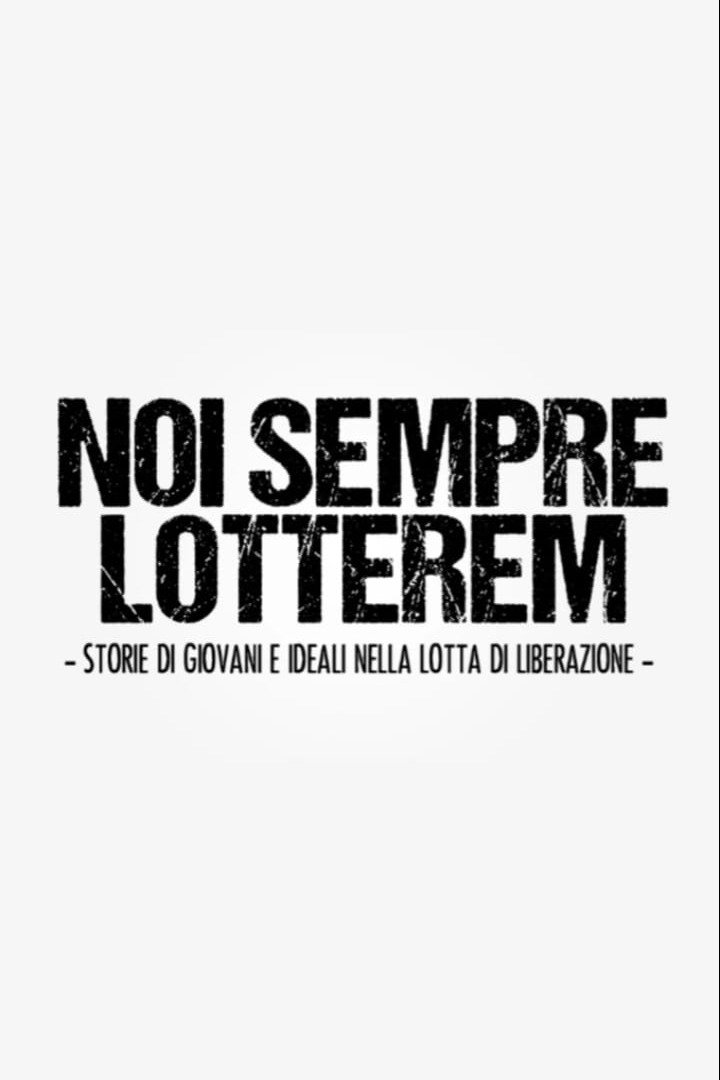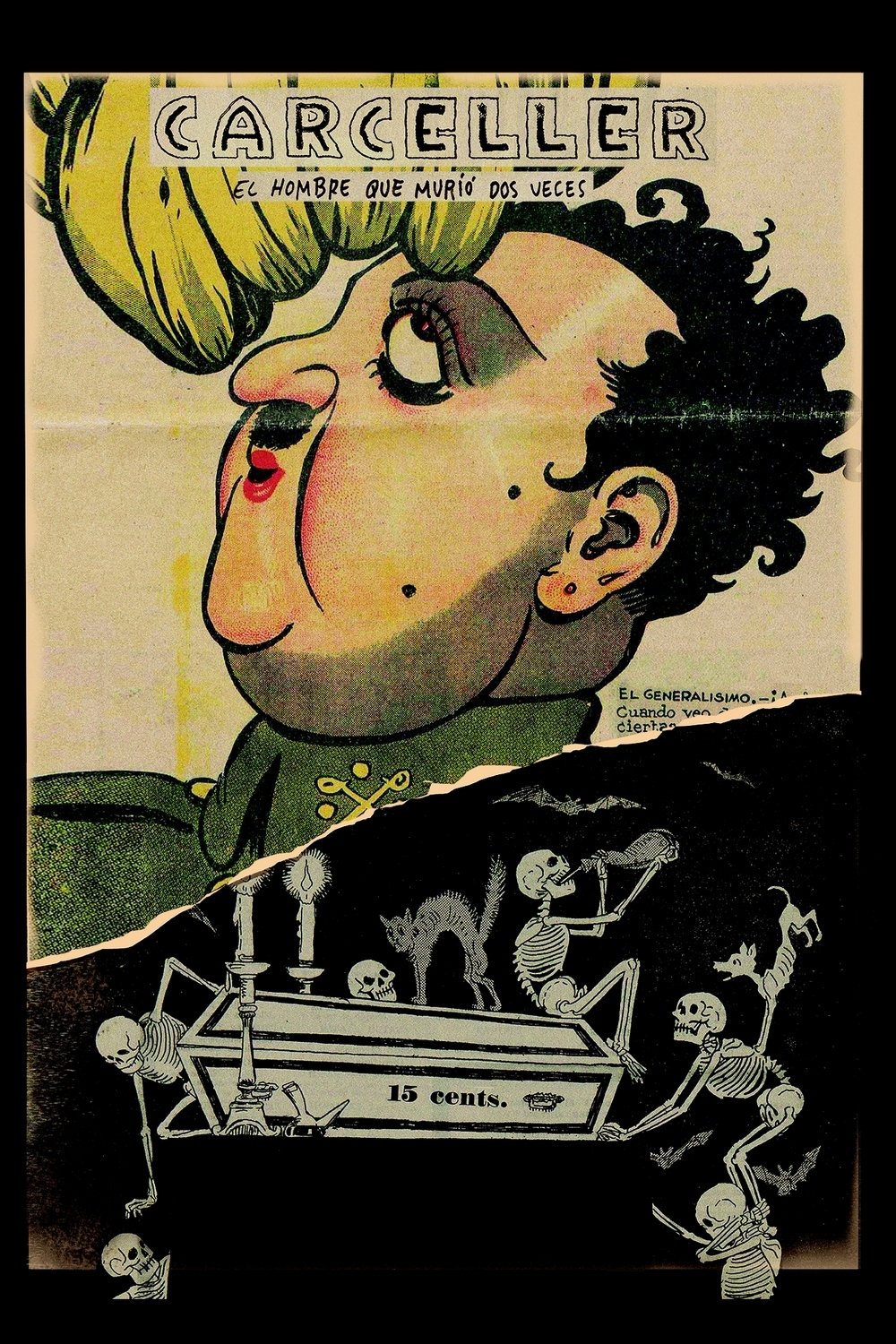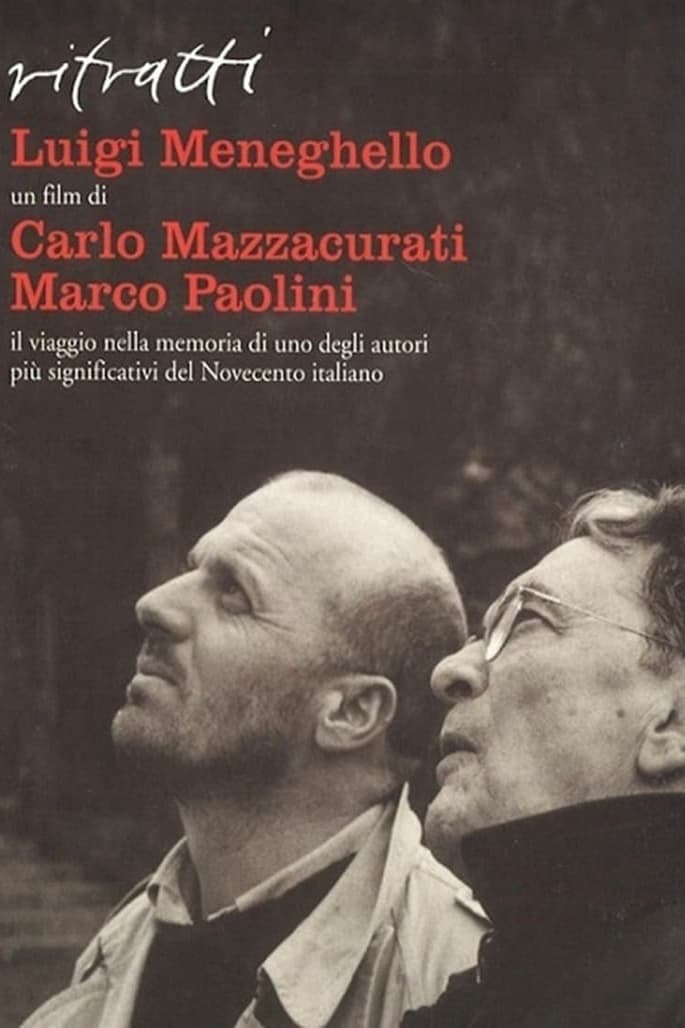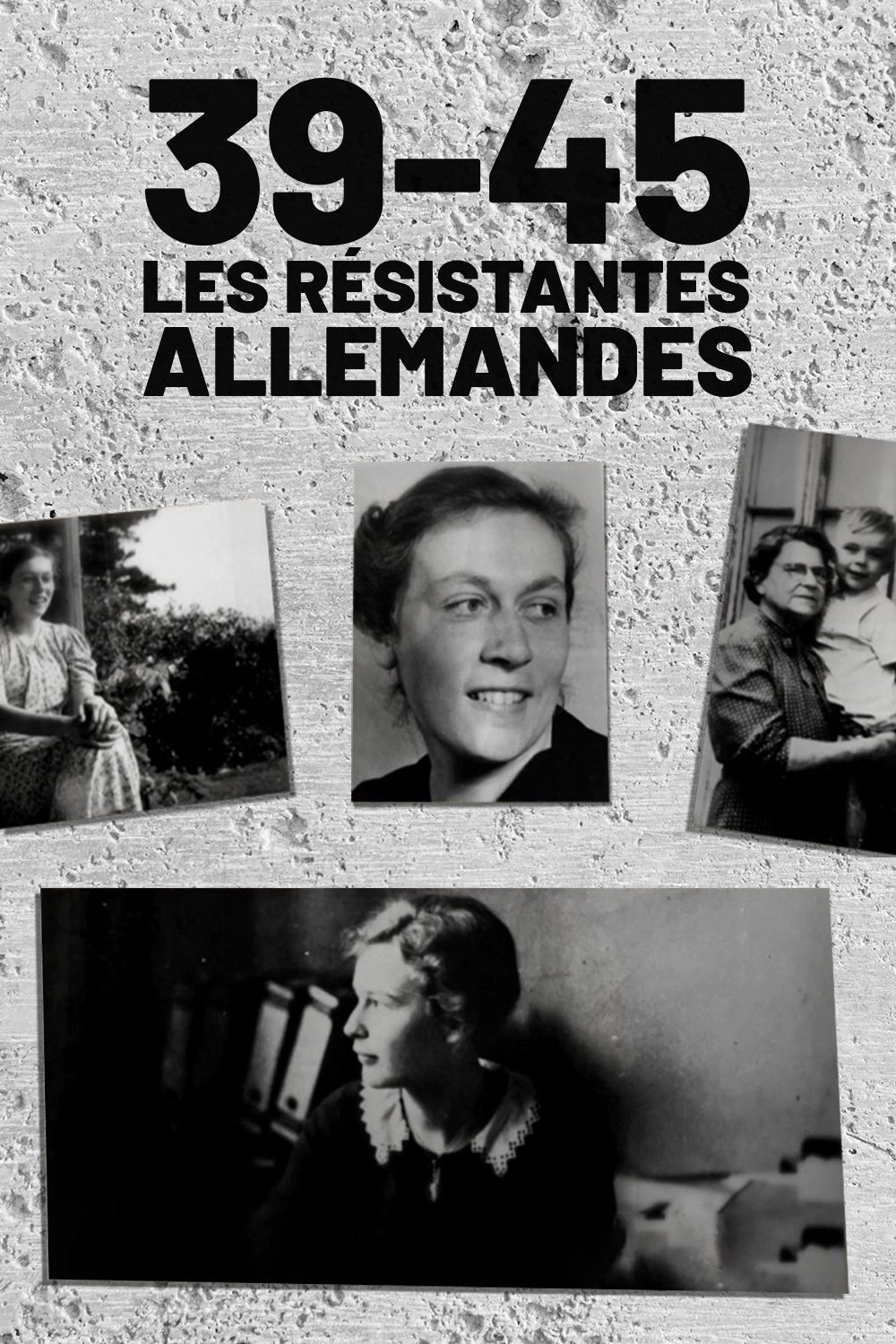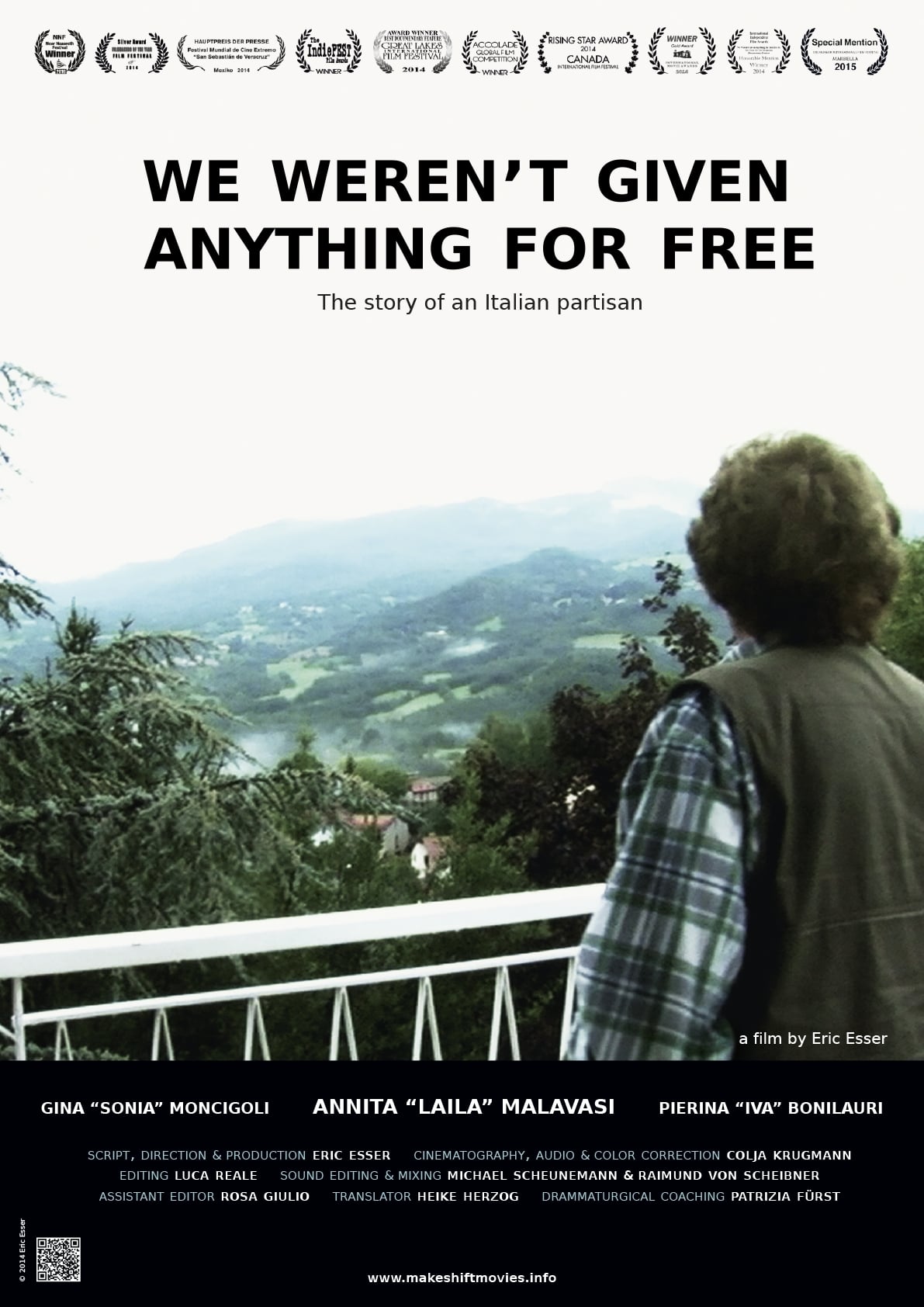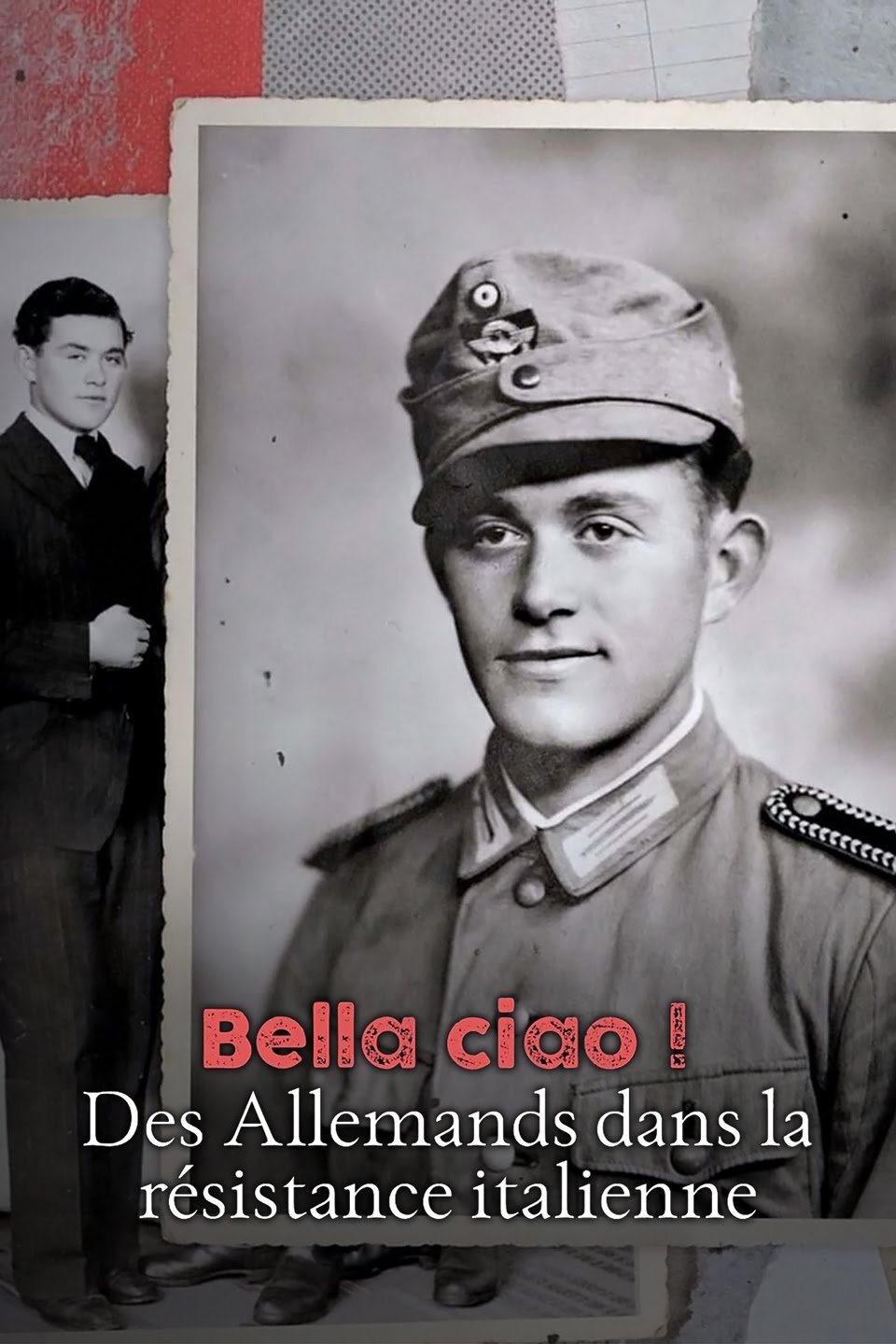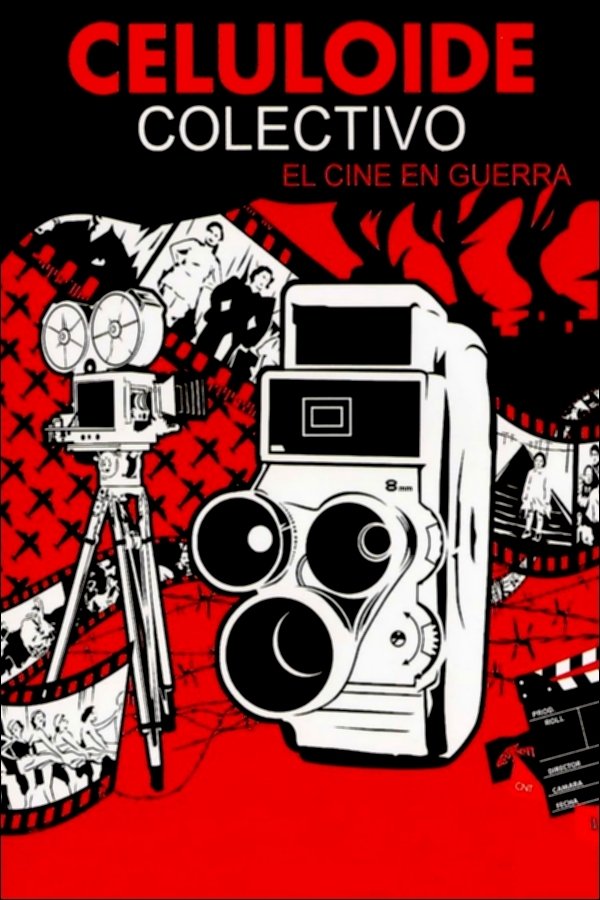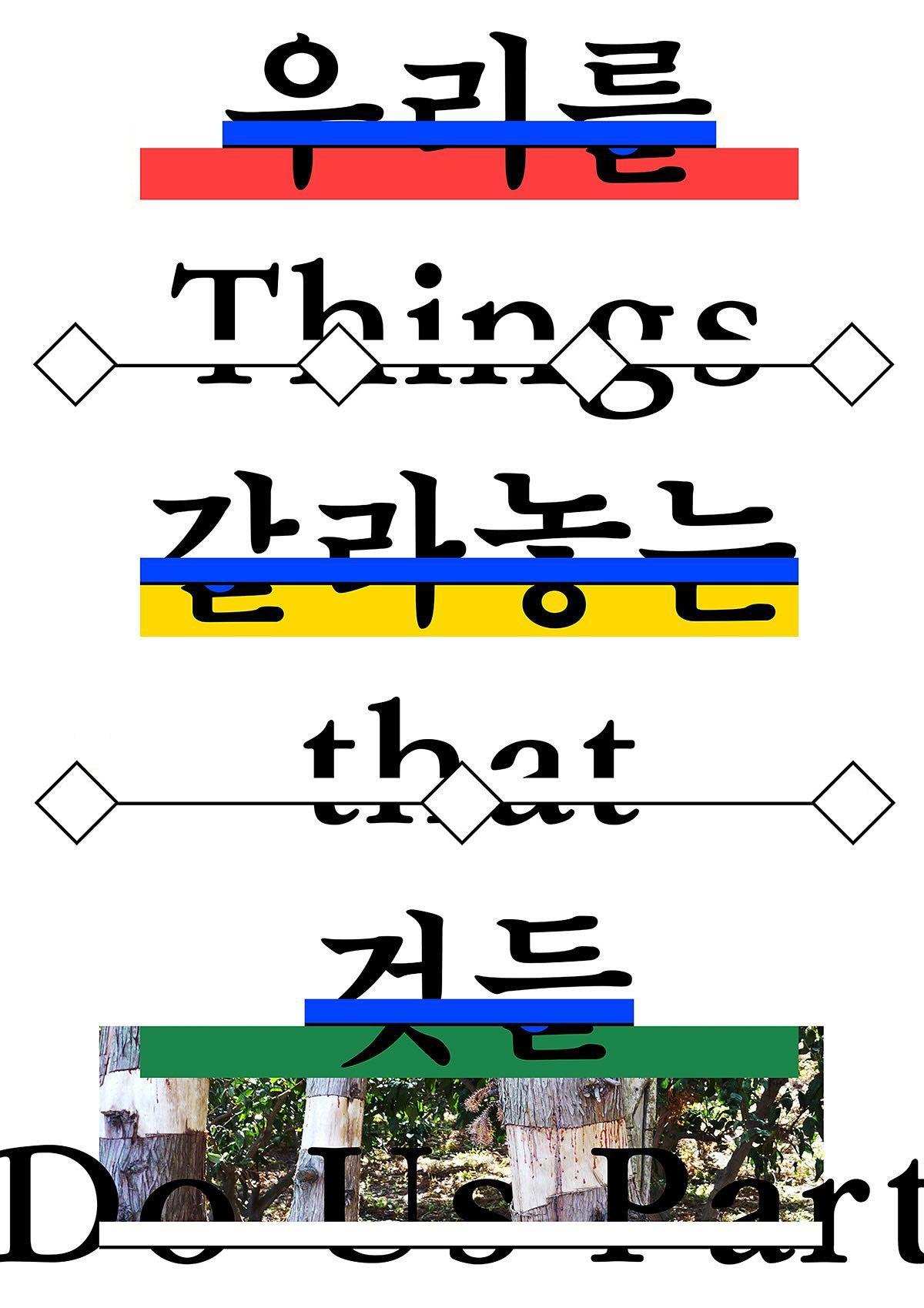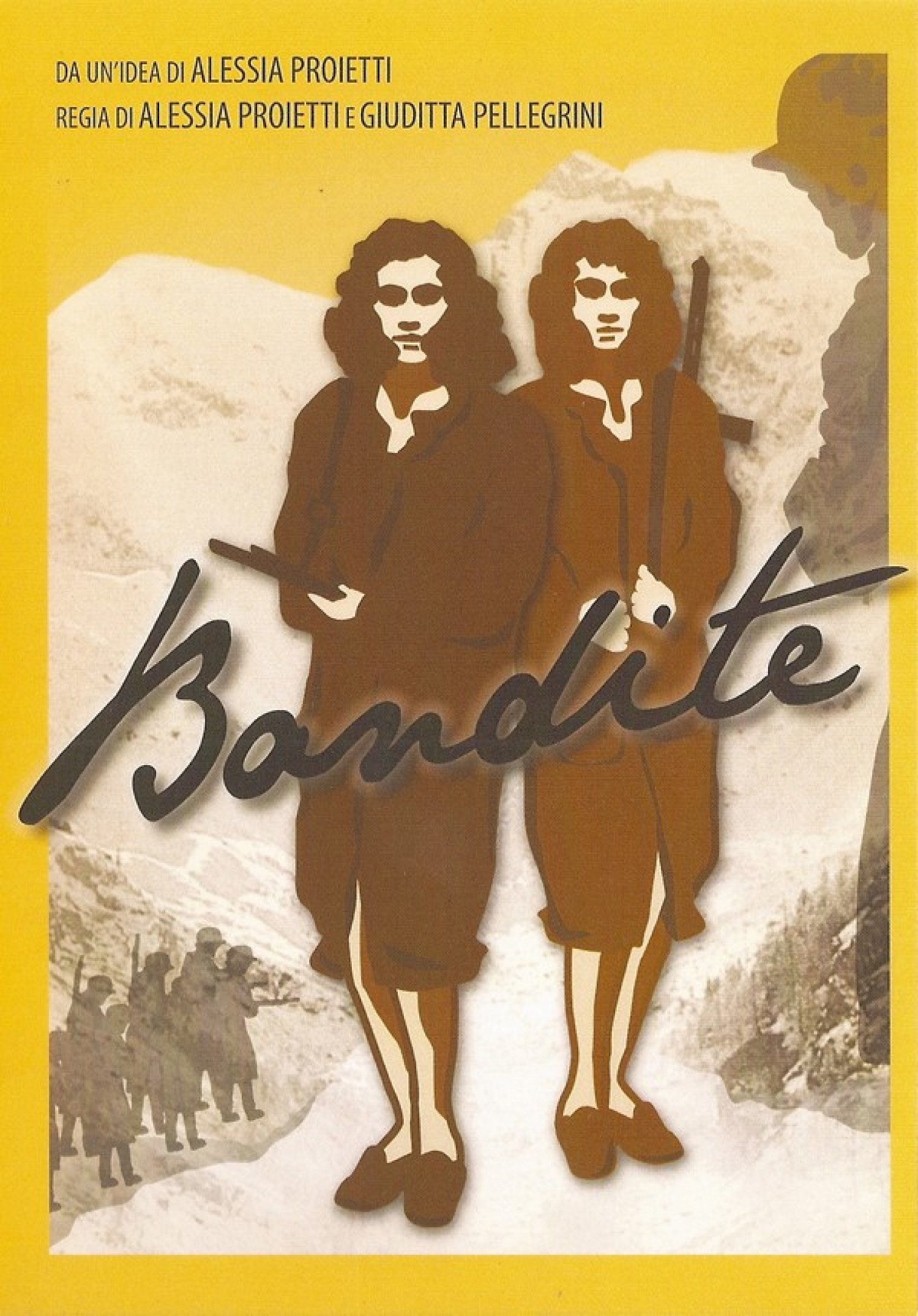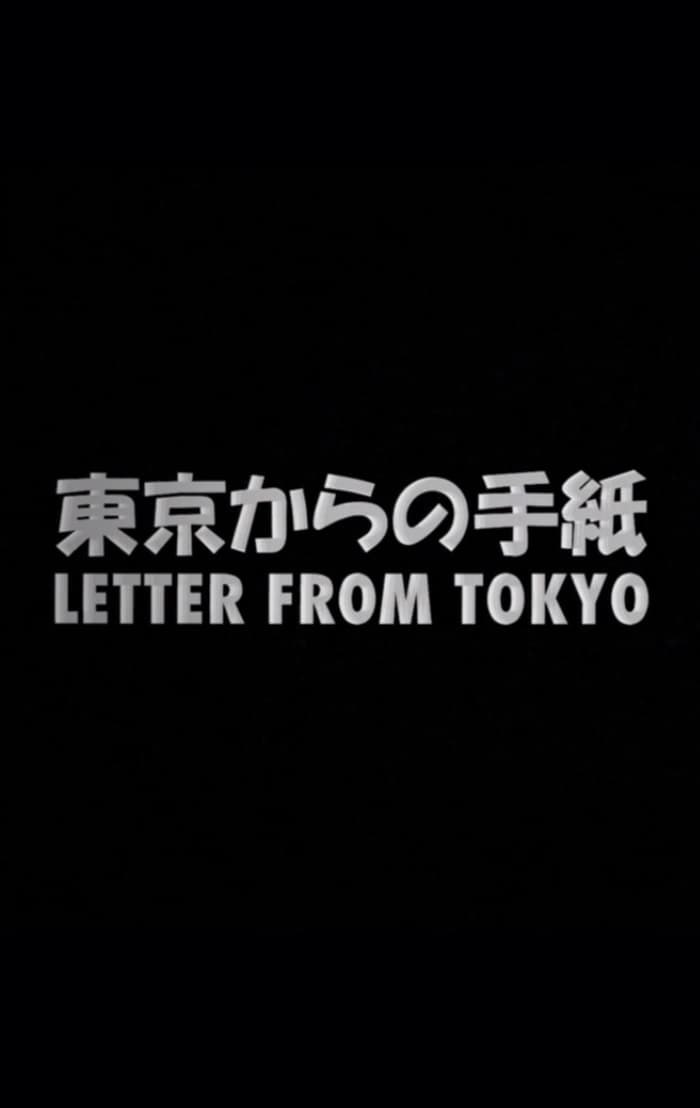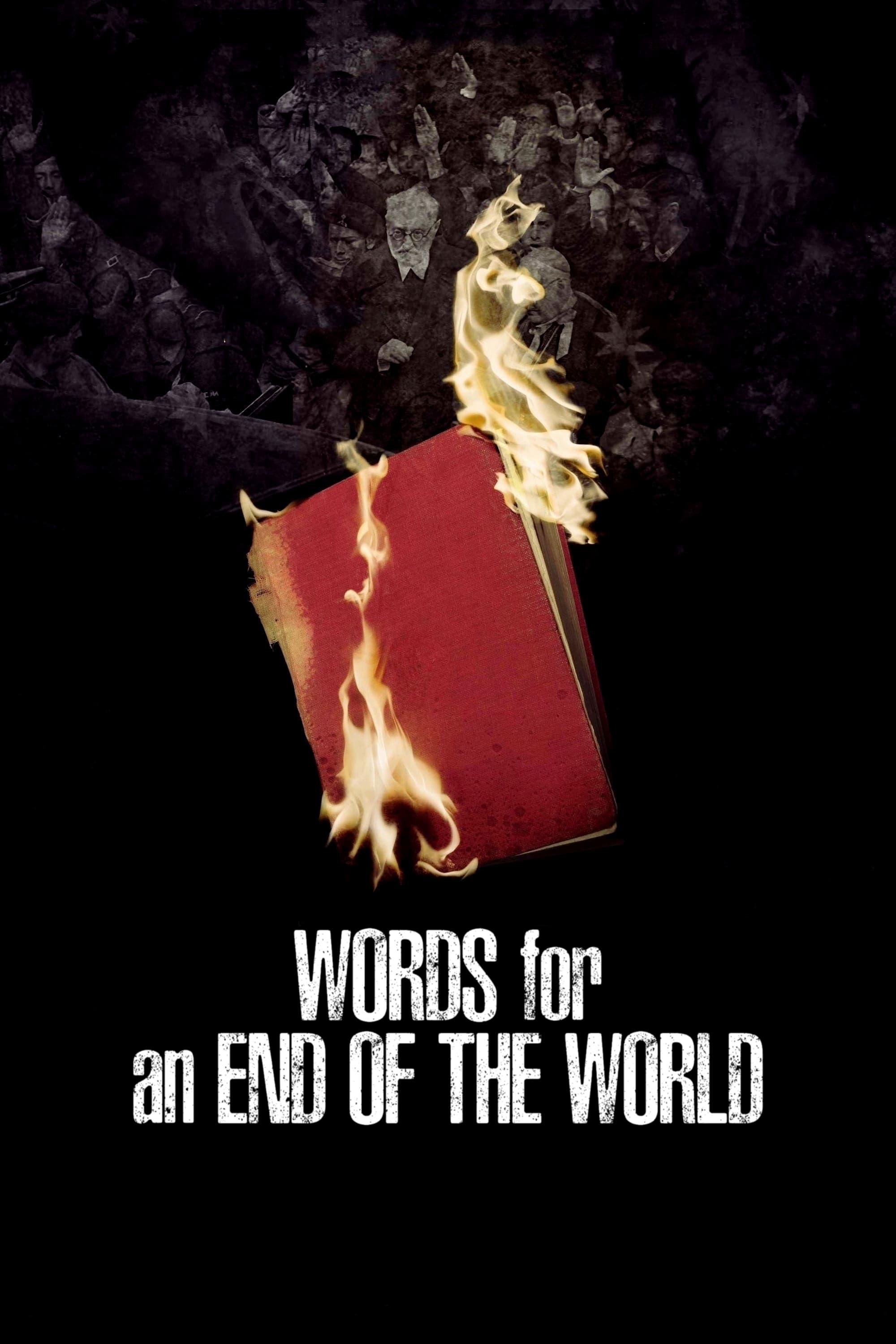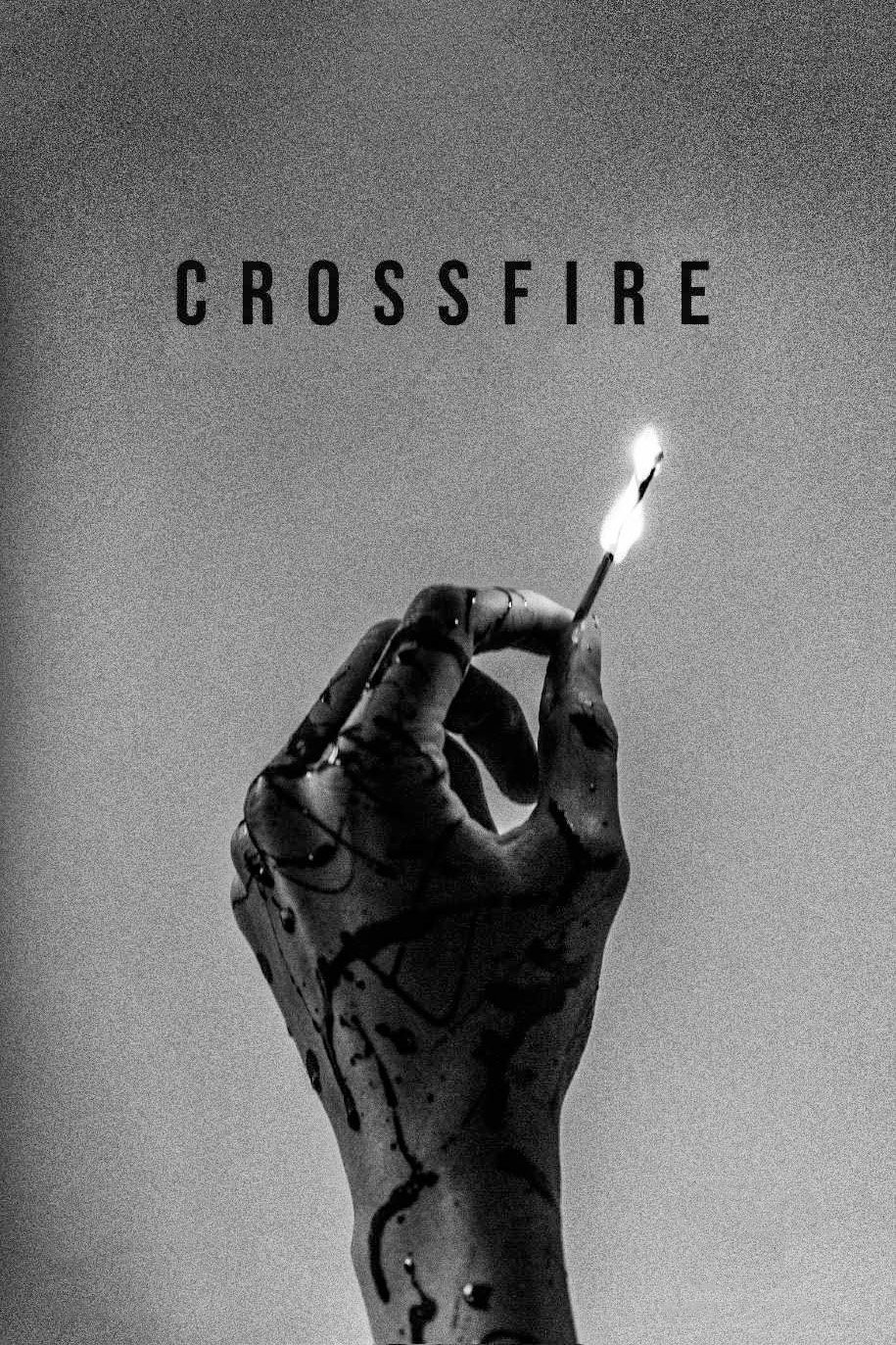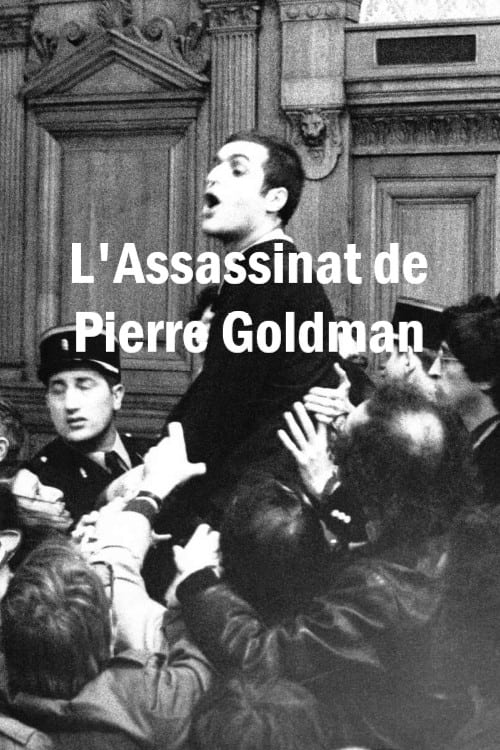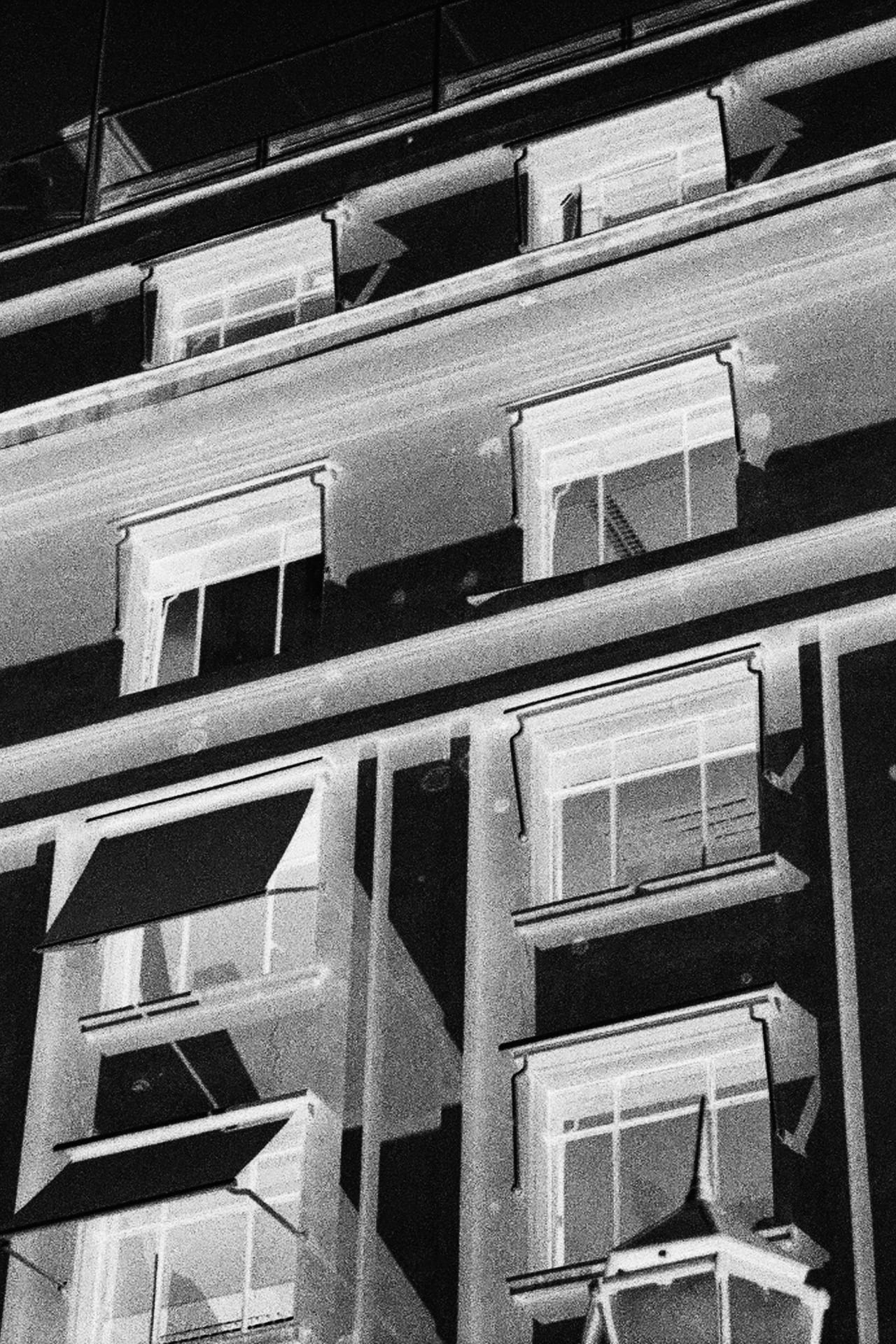
Cast & Crew
10 members
Acting
Paolo Finardi
Unknown Role
No Image
Acting
Argante Bocchio
Unknown Role
No Image
Acting
Wanda Canna
Unknown Role
No Image
Acting
Primo de Lazzari
Unknown Role
No Image
Acting
Mario Fiorentini
Unknown Role
No Image
Acting
Davide Conti
Unknown Role
No Image
Acting
Gastone Malaguti
Unknown Role
No Image
Acting
Franco Fontana
Unknown Role
No Image
Acting
Lidia Menapace
Unknown Role
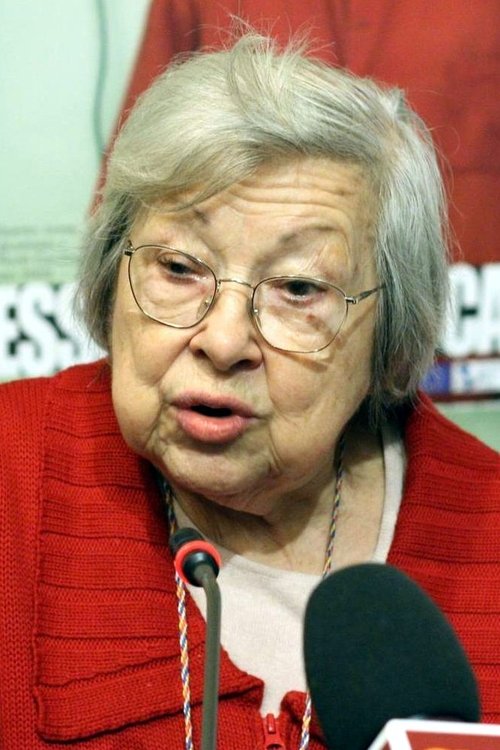
Acting
Massimo Recchioni
Unknown Role
No Image
